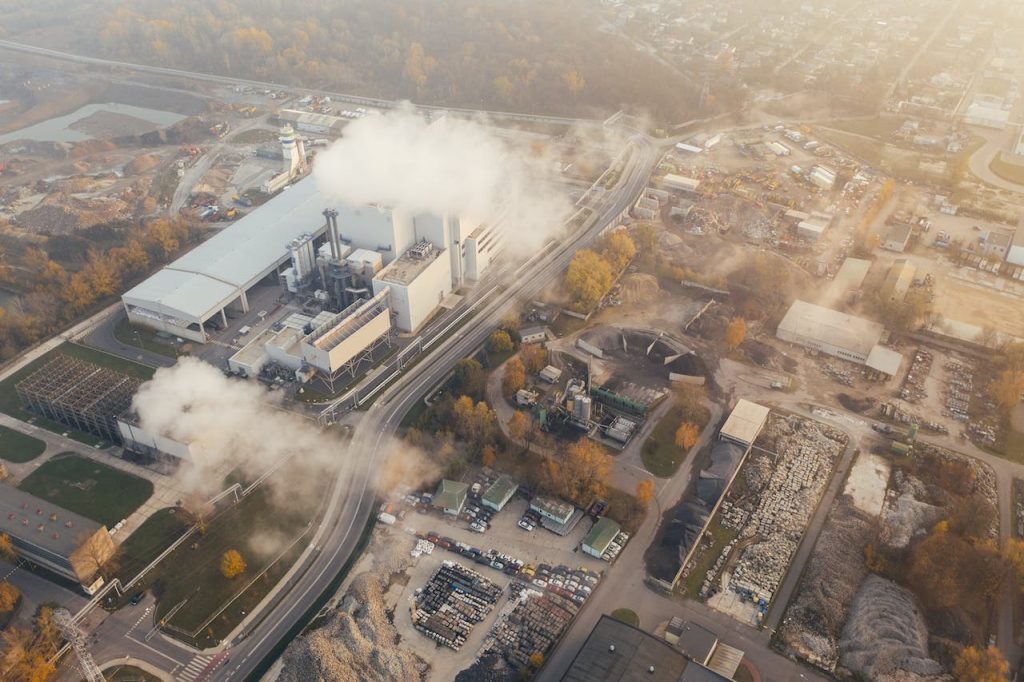As your skin is the largest and most exposed organ in your body, it’s particularly vulnerable to the environment and your lifestyle choices. For example, its health is shaped by the sun’s UV rays, arduous temperatures, skincare decisions, and pollution.
Most people are aware of the danger that air pollution is causing the planet and general health, but you might be surprised to learn that it could also be affecting your complexion. You might not realize it, but your skin is exposed to UV radiation, volatile organic compounds, particle matter, and oxides every day. Continue reading to learn how air pollution affects your skin.
A Weaker Skin Barrier
The chemicals from pollution particles can potentially damage and weaken the barrier of your skin. Slowly but surely, they break down collagen in the skin while oxidizing its lipid layer. Unfortunately, the smog particles can cause unwanted complexion issues, such as:
- Dehydration
- Premature aging
- Uneven skin tone
- Acne
- Dullness
- Inflammation
Air pollution can even exacerbate an existing skin condition, such as eczema, as it will compromise the barrier of the skin and increase the risk of a painful flareup. What’s more, you’re more likely to experience the above issues if you live in an urban area due to increased exposure to air pollution.
Counter the damage of pollution by removing it from your skin as much as possible. Use a gentle, sustainable facial cleanser that’s suitable for all skin types twice a day, as it will clean, freshen, and nourish your skin. It’s an effective way to remove dirt, pollution, and more from your complexion.
An Increased Risk of Health Issues
Cigarette smoke is one cause of air pollution that can play havoc with the health of your skin. It doesn’t matter if you’re a smoker or non-smoker; regular exposure will increase your risk of one or more health problems, such as skin cancer or psoriasis.
Volatile organic compounds can trigger allergic skin conditions, such as eczema and atopic dermatitis. Also, polycyclic aromatic hydrocarbons can result in the development of pigmentation, skin aging, and various cancers.
How to Stop Air Pollution
The best way to combat air pollution is to minimize your impact as much as possible and encourage others to do the same. For instance, you could play your part in reducing air pollution by:
- Swapping vehicles for walking or cycling
- Using public transport over driving a vehicle
- Buying an energy-efficient vehicle, such as an electric car
- Quitting smoking
- Planting trees
- Using less energy in the home
- Maintaining your vehicle
- Installing solar energy
In addition to embracing the above tactics, you can shield your skin from air pollution by following a strict skincare regimen. As mentioned, you must cleanse your face twice daily to retain its barrier function. Also, moisturize twice daily to lock in moisture and hydrate your skin, and apply sunscreen daily (even in fall and winter). If you follow these tips, you could improve the health of your skin and reduce your risk of unwanted issues, such as acne, dehydration, uneven skin tone, and premature aging.




